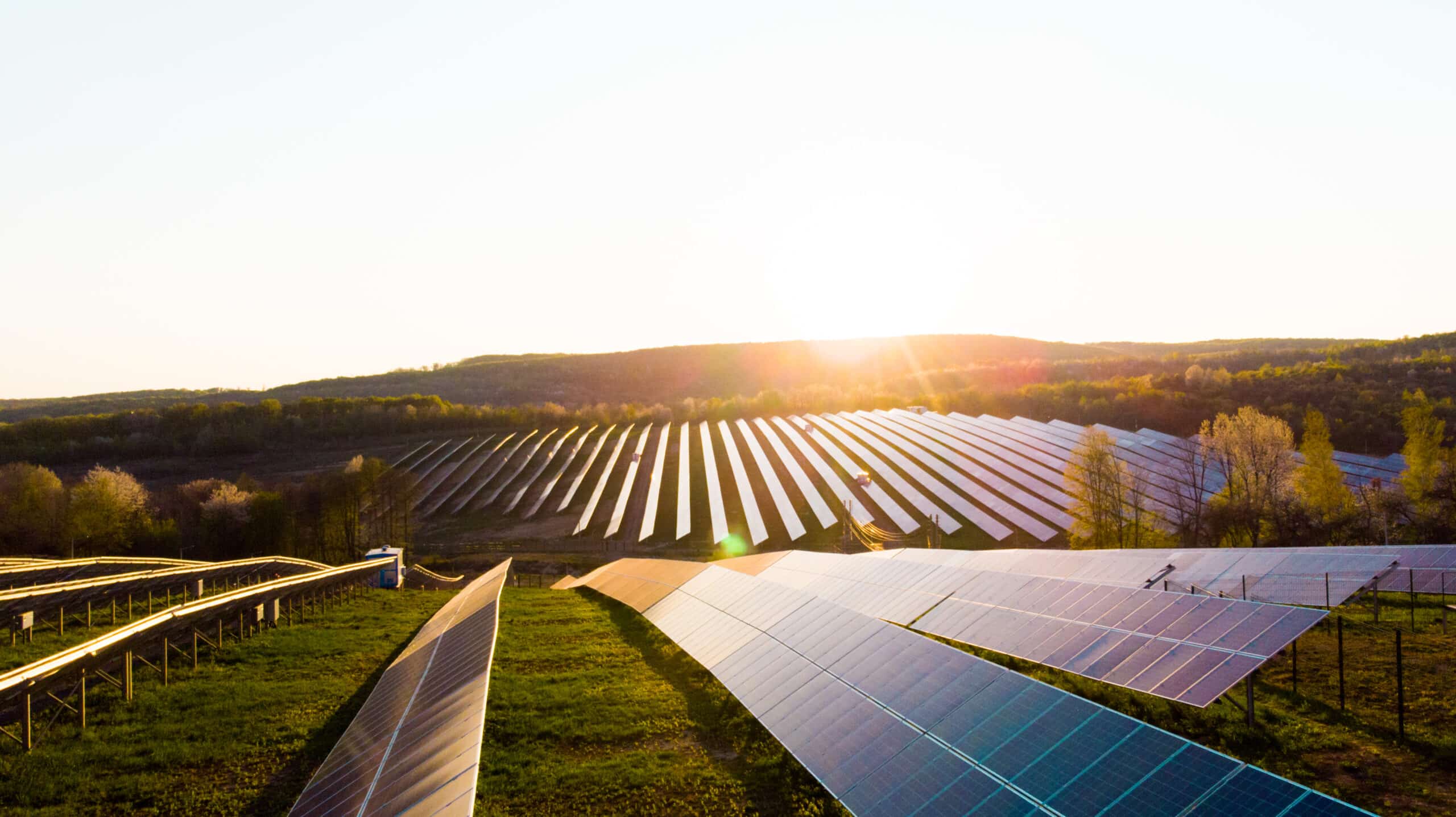Climate change plays a huge part in the future sustainability of infrastructure, but we cannot mitigate climate change effects overnight. Reducing carbon emissions, optimizing facility performance and improving energy efficiency is the new way of doing business and will change the way we engage the economy. It is better to act now, by doing the right thing by adapting to a new world, full of new challenges.
As climate change rapidly creeps up on us, the need for industry to reduce their impact on the environment is of vital importance. In South Africa, there are efforts to limit emissions, and the Presidential Climate Change Commission is overseeing and facilitating a just, equitable transition to a low-carbon economy and climate-resilient society – but the private sector will be of grand importance in helping accelerate the transition. If governments are to secure a future for industry, job creation and communities, it is vital that all stakeholders contribute to the sustainability of the continent by investing in initiatives that reduce the impact of carbon emissions.
For many decades, South Africa’s big industry had the privileges of knowing that there will be uninterrupted power and water supply for the most part of their operations. The depletion of natural resources continues to place a strain on African communities and economic growth. For most African countries, organisations must plan in contingencies and backup solutions for water and power due to the volatility of the regions that they choose to do business in. Now, even South Africa has come to a point of no return, a point where we cannot even see the way back, because there is only one way – and that is forward.
Despite efforts to adapt to climate change in South Africa, the most vulnerable groups in society remain the most affected. Projected climate change, an ageing infrastructure and persisting socio-economic inequalities mean that differences in vulnerability and exposure are likely to continue. Furthermore, inadequate mitigation responses may worsen existing challenges or even create new ones.
We believe that no one should be left behind. MEB’s sustainable infrastructure solutions are a major differentiator in how we package our turnkey business for communities with unique and urgent needs. We partner with stakeholders and governments to deliver tangible solutions and value over the long term, which in turn boosts the economic engines of the future by improving the lives of communities and operations in industry and adopting new ways of doing business.

